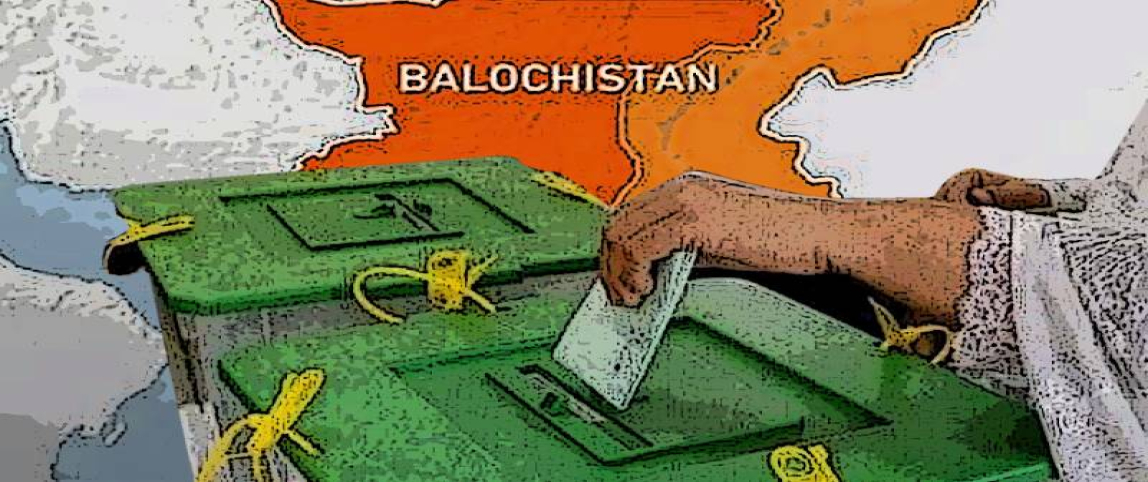Balochistan's People Are More Than Just Baloch And Pashtun Muslims, And They Want Visibility
ASIM AHMED KHAN/ The Friday Times | 27/11/2023
Text Size:
In the dust-laden, sun-bathed streets of Quetta, if you travel south on Zarghoon Road and continue driving west across Brewery Road from Dokaani Baba Chowk for around 10 minutes, you will likely end up in a little neighbourhood called Essa Nagri.
As the Urdu name suggests, this is an enclave for the city's Christian community. An impoverished locality, the scent of frustration and crushed dreams hangs heavy in Essa Nagri's air. A lingering fragrance only the locals have the disheartening privilege of inhaling.
Jazib is a humble and hardworking painter who lives in this neighbourhood. His rainbow palette of acrylics may sparkle and shimmer in the brazen Quetta sunlight, but those hues do little to brighten his gruelling life--a stark contrast so harsh, it could have been painted by Van Gogh during his most turbulent times. Jazib is not just responsible for his dreams; he carries the aspirations of six more souls who rely on him. A family of seven, they share meals, stories, and a sandwiched living space that reeks of both warmth and despair.
For years, Jazib has splashed colours on countless canvases. Yet his world remains grey, opaque and foreboding. The problem? It is a deep-rooted and complex electoral process where representatives of the local Christian community are chosen not by a democratic vote from the community, but a representative is chosen by the far-off leaders of political party leaders. A reserved seat that vibrates with the pulse of his people.
"No one cares," he mutters under his breath. He narrates how, in the polling booth, his eyes scan the ballot paper for any sign or symbol that truly represents him in power corridors. As far as he is concerned, those who sit in the grand halls of national and provincial assemblies, seemingly to represent him, bask in their authoritative glory while remaining oblivious to the needs of his community.
Jazib complains that no political leader ever visits their neighbourhood to take stock of the life they are compelled to live. Disappointment and disillusionment have become constant companions, wrapping them in a cloak of despair.
"We don't want handouts; we want a voice and a seat at the table where decisions are made" - Activist Manoj Kumar
"Representation," Jazib states, "shouldn't be a mere charade. It should echo the people's voice, hear the silent heartbeats and respond to them."
While Jazib's faith in public representatives may be dwindling, his spirit remains undeterred. He dreams of the day when his community can directly choose their representative, a leader from amidst them who genuinely understands their trials and tribulations, joys, and sorrows, reflecting them in Parliament.
Minorities in Balochistan, much like in the rest of Pakistan, have long remained on the periphery of the political landscape. Throughout Pakistan's 75-year history, three distinct electoral systems have been implemented for non-Muslim voters. Ironically, on each occasion, the impetus for these electoral reforms was driven by the minority communities themselves.
Balochistan's electoral landscape
A substantial 5.285 million people are registered as voters in Pakistan, indicating a robust participation in the democratic process.
Among these eligible voters, some 2.968 million are men, while 2.317 million are women.
Balochistan's minorities primarily consist of Hindus, Christians, and other religious and ethnic groups.
The minorities of Balochistan make up less than one percent of the total registered voters, or around 51,245.
Hindus account for 28,551, Christians number 20,761, and other minorities contribute another 1,933 votes.
(This article was first published by The Friday Times, Pakistan)
















